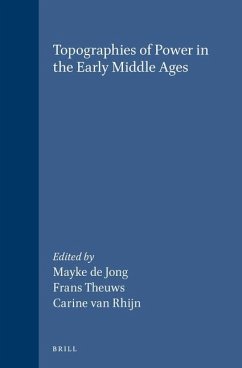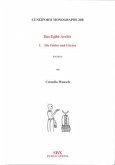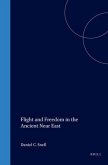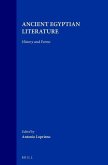The 19 papers presented in this volume by North American and European historians and archaeologists discuss how early medieval political and religious elites constructed 'places of power', and how such places, in turn, created powerful people. They also examine how the 'high-level' power exercised by elites was transformed in the post-Roman kingdoms of Europe, as Roman cities gave way as central stages for rituals of power to a multitude of places and spaces where political and religious power were represented. Although the Frankish kingdoms receive a large share of attention, contributions also focus on the changing topography of power in the old centres of the Roman world, Rome and Constantinople, to what 'centres of power' may have meant in the steppes of Inner Asia, Scandinavia or the lower Vistula, where political power was even more mobile and decentralised than in the post-Roman kingdoms, as well as to monasteries and their integration into early medieval topographies of power.
Bitte wählen Sie Ihr Anliegen aus.
Rechnungen
Retourenschein anfordern
Bestellstatus
Storno




